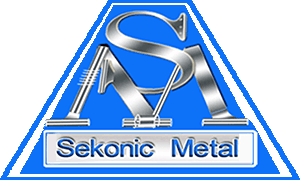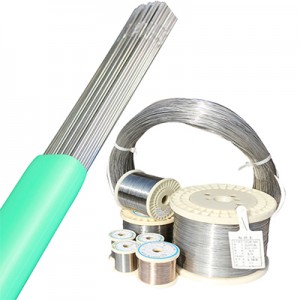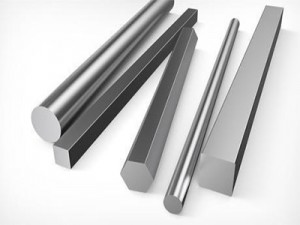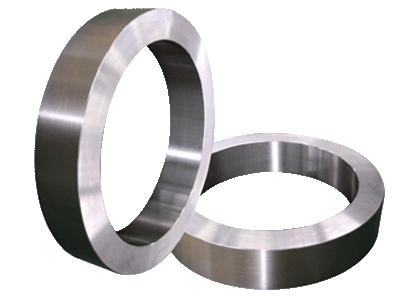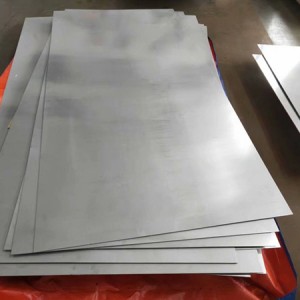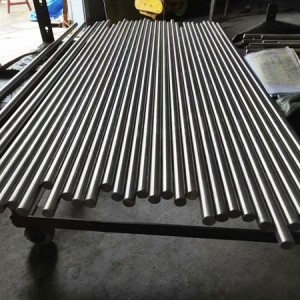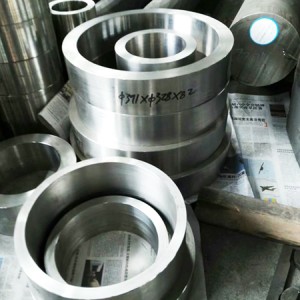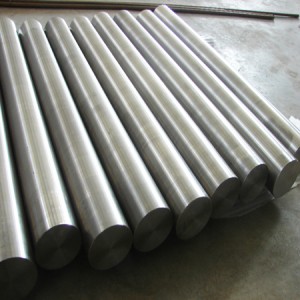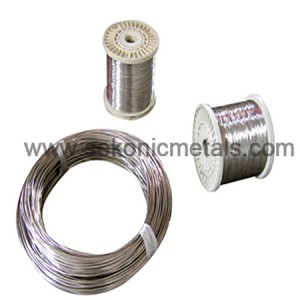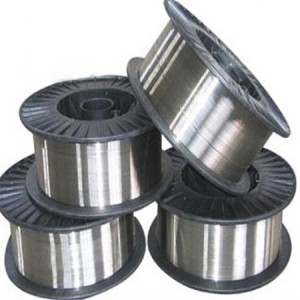Stellite Alloy 6/ 6B/12 Bar/ Welding Wire
Stellite alloys are mostly cobalt based with additions of Cr, C, W, and/or Mo. They are resistant to cavitation, corrosion, erosion, abrasion, and galling. The lower carbon allovs are generally recommended for cavitation, sliding wear, or moderate gallina. The higher carbon alloys are usually selected for abrasion, severe galling, or low- angle erosion Stellite 6 is our most popular alloy as it provides a good balance of all of these properties.
The Stellite alloys retain their properties at high temperatures where they also have excellent oxidation resistance. They are typically used in the temperature range 315-600° C (600-1112 F). They can be finished to exceptional levels of surface finish with a low coefficient of friction to give good sliding wear.
| Alloy | Composition | Hardness H.R.C | Melting range ℃ | Typical Applications |
| Stellite 6 | C: 1 Cr:27 W:5 Co:Bal | 43 | 1280-1390 | Tough erosion-resistant alloy widely used for good all round performance. Less tendency to crack than Stellite" 12 n multiple layer, but more wear resistant than Stellite" 21 ir abrasion and metal to metal conditions. Good impact conditions. Good impact resistance. Valve seats and gates: ump shafts and bearings. erosion shields and rollina couples. Often used self-mated. Can be turned with carbide tooling. Also available as rod, electrode and wire. |
| Stellite 6B | C: 1 Cr:30 W:4.5 Co: Bal | 45 | 1280-1390 | |
| Stellite12 | C:1.8 Cr: 30 W:9 Co :Bа | 47 | 1280-1315 | Properties between those of Stellite" 1 and Stellite" 6.More abrasion resistance than Stellite" 6, but stil good impact resistance. Widely used as cutting edge in textile, timber and plastics industries and for bearinas.Also available as rod, electrode and wire. |
Stellite Alloy Available Products in Sekonic Metals
Stellite Alloy Processing :
Usually use cemented carbide tools to process 6B, and the surface accuracy is 200-300RMS. Alloy tools need to use 5° (0.9rad.) negative rake angle and 30° (0.52Rad) or 45° (0.79rad) lead angle. 6B alloy is not suitable for high-speed tapping and EDM processing is used. In order to improve the surface finish, grinding can be used to achieve high precision. Can not be quenched after dry grinding, otherwise it will affect the appearance
Stellite Alloy Application field:
Stellite can be used to manufacture valve parts, pump plungers, steam engine anti-corrosion covers, high temperature bearings, valve stems, food processing equipment, needle valves, hot extrusion molds, forming abrasives, etc.
